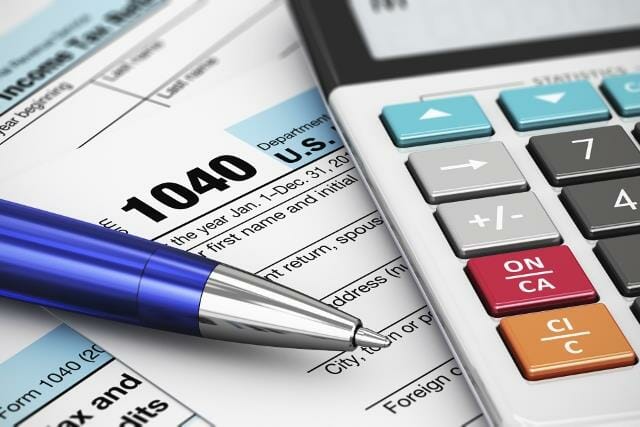
Tips and Tricks for Filing Your Taxes
Tips and Tricks for Filing Your Taxes
 When you’re getting ready to do your taxes, ask yourself this: do I want to do it myself or do I need the help of a tax professional? There are good reasons for doing it yourself, including spending less money upfront. But a tax professional will save you time and may be able to maximize your deductions, ending up being more cost effective in the long run. If you want to itemize your taxes or run a small business, it may be better to go with a professional.
When you’re getting ready to do your taxes, ask yourself this: do I want to do it myself or do I need the help of a tax professional? There are good reasons for doing it yourself, including spending less money upfront. But a tax professional will save you time and may be able to maximize your deductions, ending up being more cost effective in the long run. If you want to itemize your taxes or run a small business, it may be better to go with a professional.
Whether you decide to do your taxes yourself or go to a professional, you’ll need to get organized first. Make sure you have all your forms (W-2s and 1099s) and start making a list of any payments that might be deductible (such as moving costs) if you haven’t already.
When you get ready to file, consider any changes of filing status or added exemptions that may necessitate filing differently than you did last year. Make sure you’re not leaving anything behind. Double-check—or even triple-check—the numbers on your return, particularly if you’re doing it yourself, to make sure that you’ve gotten your maximum return and taken all the right steps.
Remember: the IRS imposes a penalty on taxpayers who file late, so file on time or, if you can’t, get an extension. The final postmark dates for all returns is April 15th. Also, be aware that, if you file online, a return is not considered “filed” until the IRS acknowledges acceptance of the electronic portion of the return.
If you’re getting a return, consider using direct deposit to get the return back as soon as possible; it can take as few as ten days, but on average twenty-one days to get it back. If you need to get your refund quickly, consider filing early also, as refund anticipation loans can be costly. Direct deposit and filing early both help you get your refund in a timely manner.
 Finally, once you’ve filed, get ahead and start planning for next year’s tax season. If you’re going to a tax professional, they should offer you tips for the upcoming year, based on any life events that you anticipate, such as a change of job, big move, or marriage. In addition, a good tax software package (if you’re filing on your own) can also help you plan for the next tax year. If you got a large return this year, see if tweaking the numbers on your W-4 can help you save money throughout the next year. If you owed a lot this year, you should also consider adjusting your payments throughout the year so that one big payment doesn’t take you and your budget by surprise. If you need to pay, but find that you can’t pay everything upfront, you can make arrangements to pay over a period of time.
Finally, once you’ve filed, get ahead and start planning for next year’s tax season. If you’re going to a tax professional, they should offer you tips for the upcoming year, based on any life events that you anticipate, such as a change of job, big move, or marriage. In addition, a good tax software package (if you’re filing on your own) can also help you plan for the next tax year. If you got a large return this year, see if tweaking the numbers on your W-4 can help you save money throughout the next year. If you owed a lot this year, you should also consider adjusting your payments throughout the year so that one big payment doesn’t take you and your budget by surprise. If you need to pay, but find that you can’t pay everything upfront, you can make arrangements to pay over a period of time.
Best of luck to you during tax season!
Request Information from These Tax-Friendly Communities
Receive your complimentary Relocation guide and magazine


